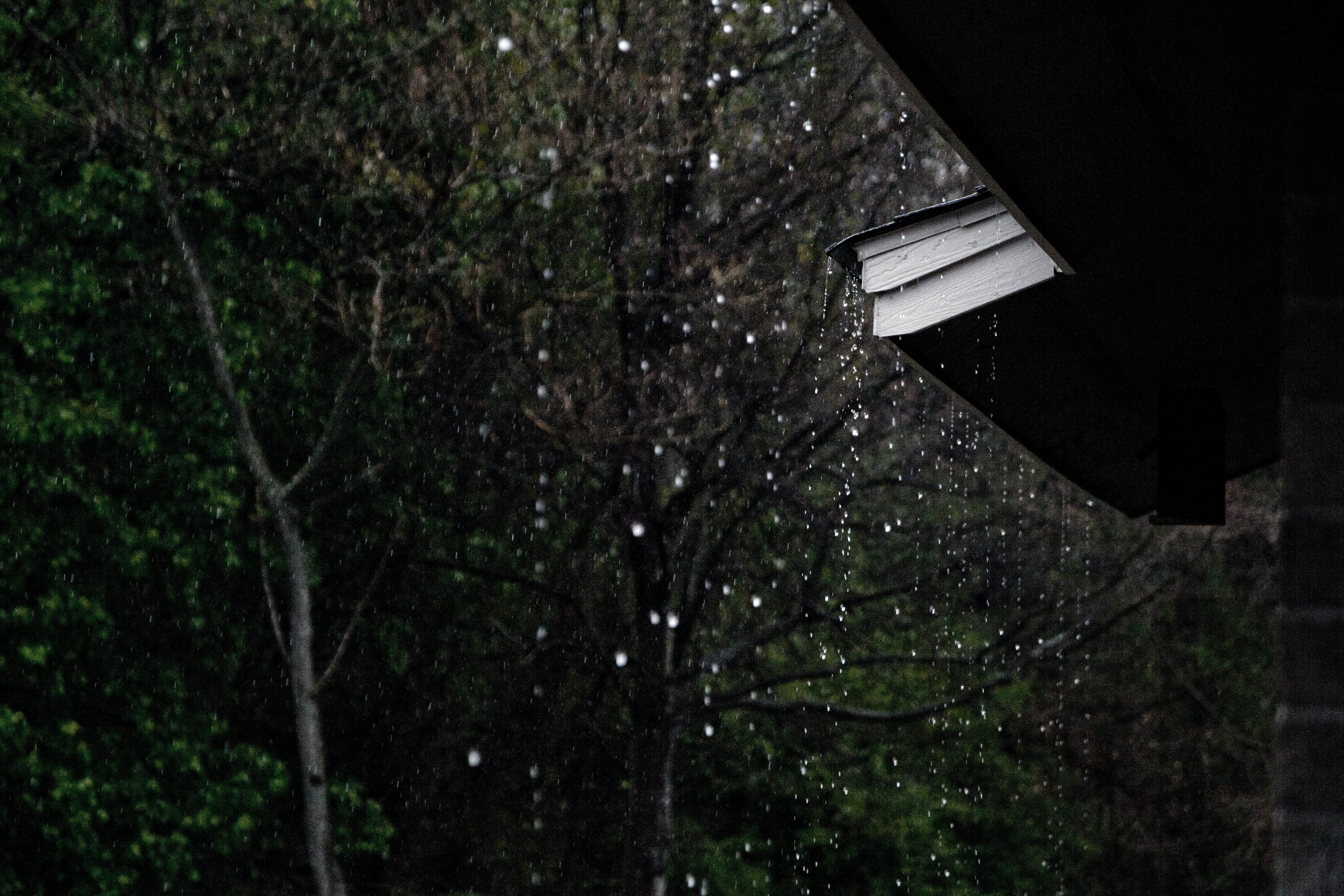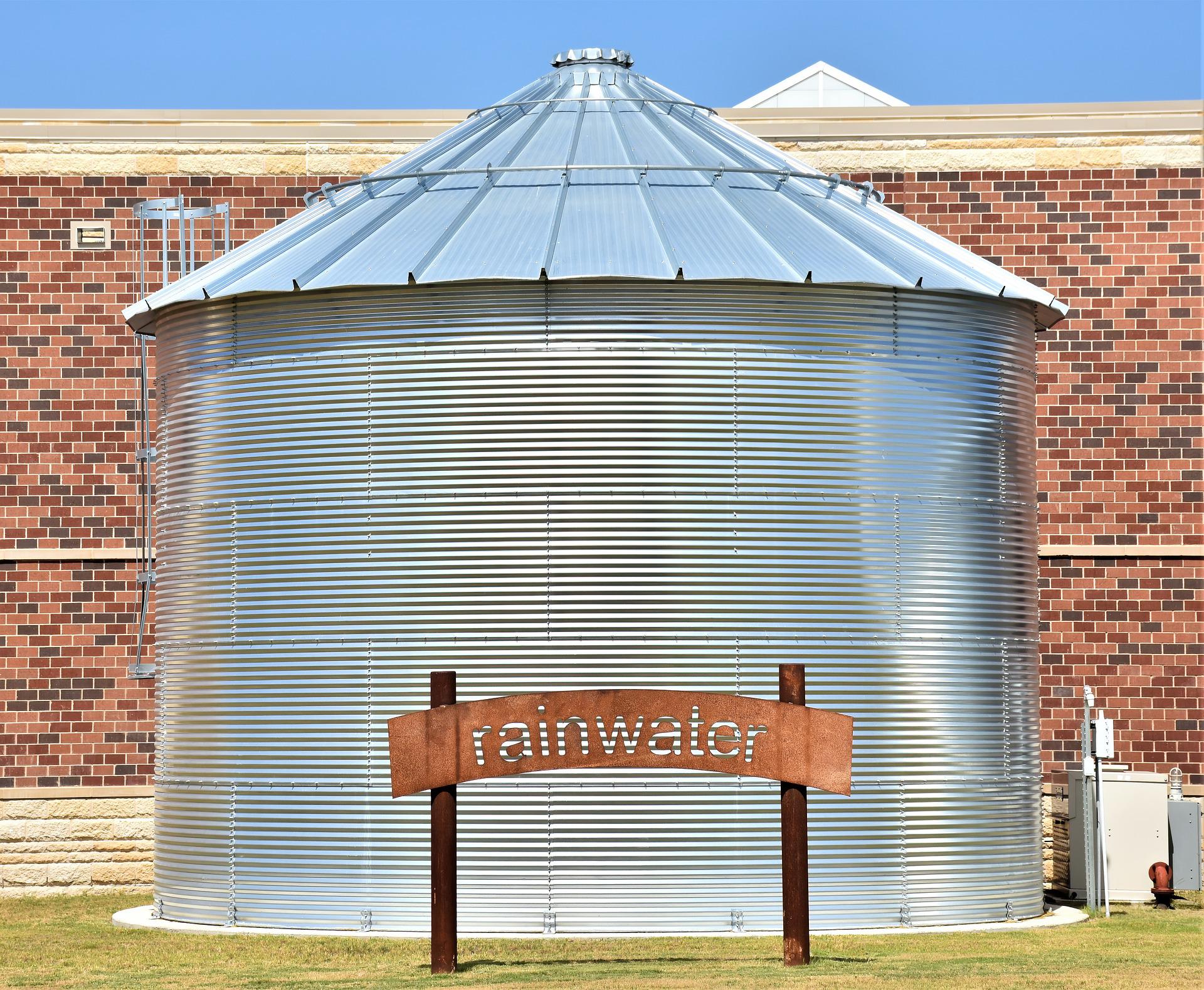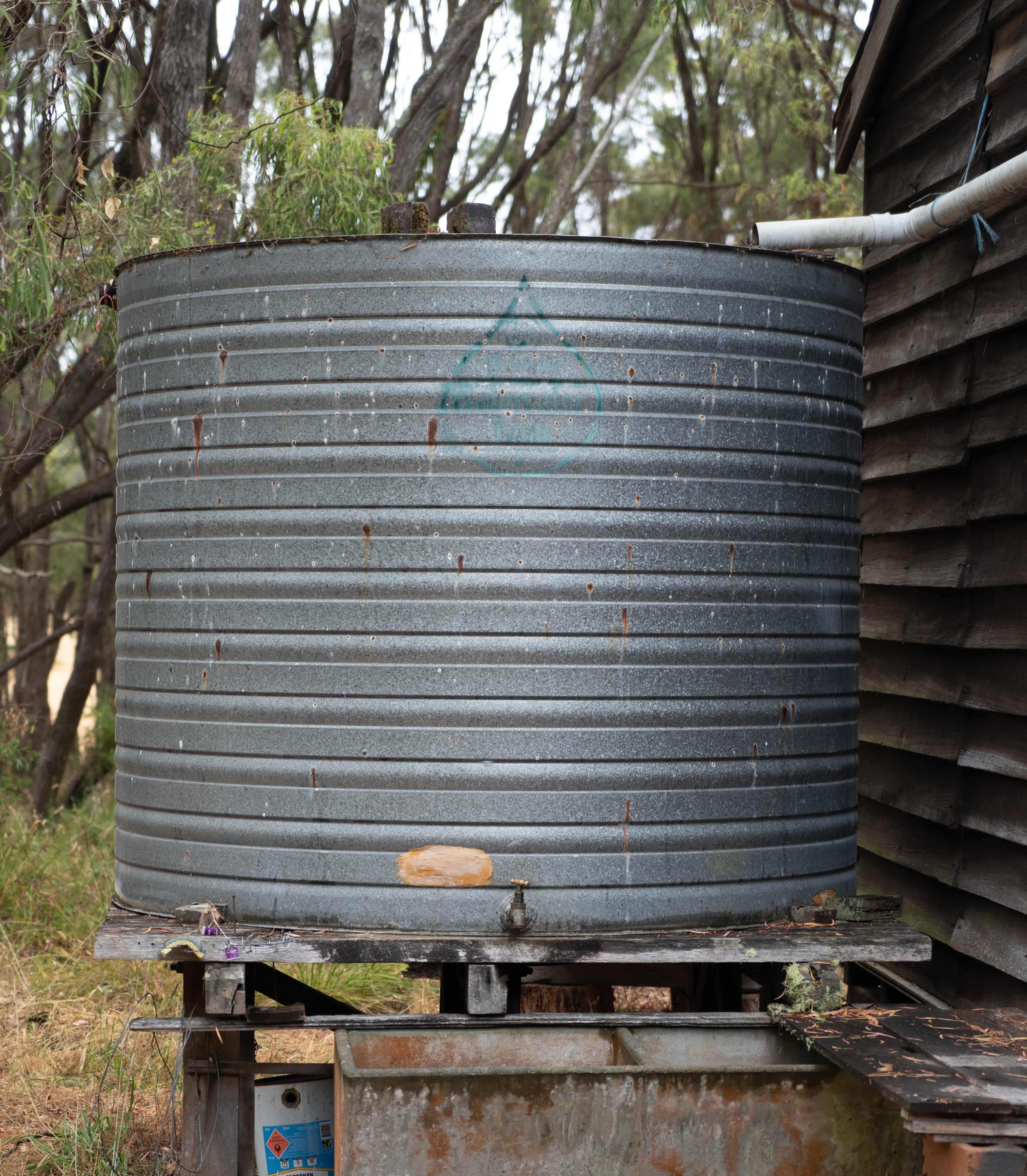Please add some products from our shop, so we can generate a quote for you.
More people rely on rainwater for everything else except drinking. Many experts say that untreated rainwater may not be safe for human consumption, even though national guidelines suggest that the risk of getting sick from drinking rainwater is low. A number of factors can affect the safety of rain water quality, including how often it rains in your geographic area, levels of air pollution, and the methods and tools used to collect, treat, analyse and store water ( Rain can carry different types of pollutants into the water you collect for example, bird poop or bird droppings on the roof could end up in the barrel or water tank).
In urban areas the public water supply remains the most reliable source of good quality drinking water for the community. Regular maintenance of the whole system, from roof to tank to tap, is the key to good quality water for your home. Keep in mind, rain does pick up low levels of bacteria as well as dust and occasional insect parts, so you may want to treat rainwater before drinking it.
If the roof catchment and tank are well maintained and the water looks, smells and tastes clean, the risk of getting sick is low. Consider adding a grate to the water inlet or emptying the rain barrel at least every 10 days to prevent mosquitoes from using the rain barrel as a breeding site. Flinders University environmental health researcher Kirstin Ross, who recently conducted a review of water from tanks around Adelaide, said that while there was no evidence of an increase in gastrointestinal diseases as a result of using rainwater tanks as a source of drinking water, microbes are present in water. If mosquitoes can access tank water, it can become a breeding ground for insects that spread diseases and harmful bacteria, said Dr. Moglia, who was part of a research project that inspected 450 tanks in Melbourne.
Tanks are available in a wide range of materials including steel (galvanised and Aquaplate), concrete, fibreglass or plastic. It is also important to note that: Some PVC pipes may contain lead so if the water is for drinking purposes, only high quality plastic pipe and fittings should be used (‘drinking water’ not ‘stormwater’ grade).
Cisterns, rain barrels, and other containers intended to store rainwater should also be properly maintained and disinfected, especially after floods and heavy rains. Collecting, storing and using rainwater, called rainwater harvesting, can be an effective way of conserving and reusing local water. Bacteria that can thrive in water tanks and traces of toxic metal that can be found in roof runoff prompt experts, such as Michael Oelgemoeller, a water treatment researcher at James Cook University, to suggest that rainwater should be your last option if you have access to other sources of treated water.
If you are wanting to use the water for household purposes and not for drinking, you can also make sure that your water undergoes a filtration process to remove any heavy metals and other harmful substances in it using a home water filtration system. To eliminate heavy metals or certain chemicals, you may need to use, and properly maintain, a water filtration system.
Earlier we wrote about the importance of cleaning and disinfecting dedicated water storage tanks collecting domestic rainwater, such as “greywater reuse,” can also reduce demand for existing drinking water supplies and storm water runoff. When rainwater is used as a source of supplemental water, homeowners should ensure that rainwater cannot enter pipes that contain drinking water. And check that your mesh is in good condition every three months; a recent CSIRO study found that more than 10 percent of the water tanks inspected had mesh that was in poor repair condition enough to allow pests and vermin to enter the tank.




